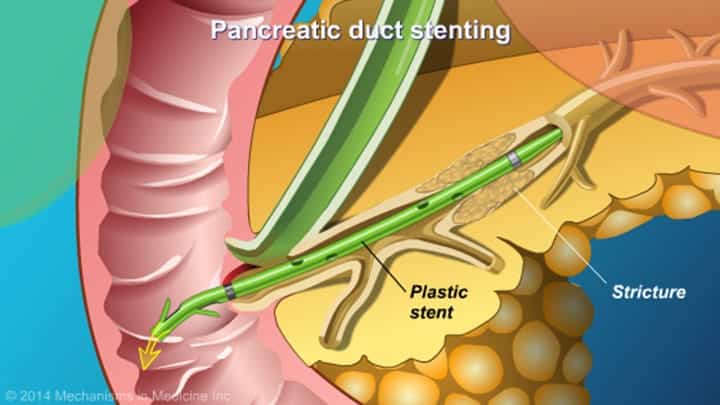Your doctor may recommend ERCP to address symptoms such as jaundice, abdominal pain, unexplained weight loss, or abnormal liver function tests. It is particularly useful for:
Endoscopic Retrograde Cholangiopancreatography (ERCP) is a specialized procedure used to diagnose and treat problems in the bile ducts, pancreatic ducts, and gallbladder. Combining endoscopy and fluoroscopy (X-rays), ERCP helps doctors detect and treat blockages, stones, or other abnormalities affecting the digestive system.

During an ERCP:

ERCP is used to diagnose and treat bile duct obstructions, pancreatic duct problems, gallstones, and tumors.
The procedure is performed under sedation, so patients usually experience little to no discomfort.
Most patients can return home the same day but may need rest for 24 hours. Full recovery depends on the treatment performed.
While ERCP is generally safe, potential risks include pancreatitis, bleeding, infection, or perforation. Your doctor will explain the benefits and risks in detail.